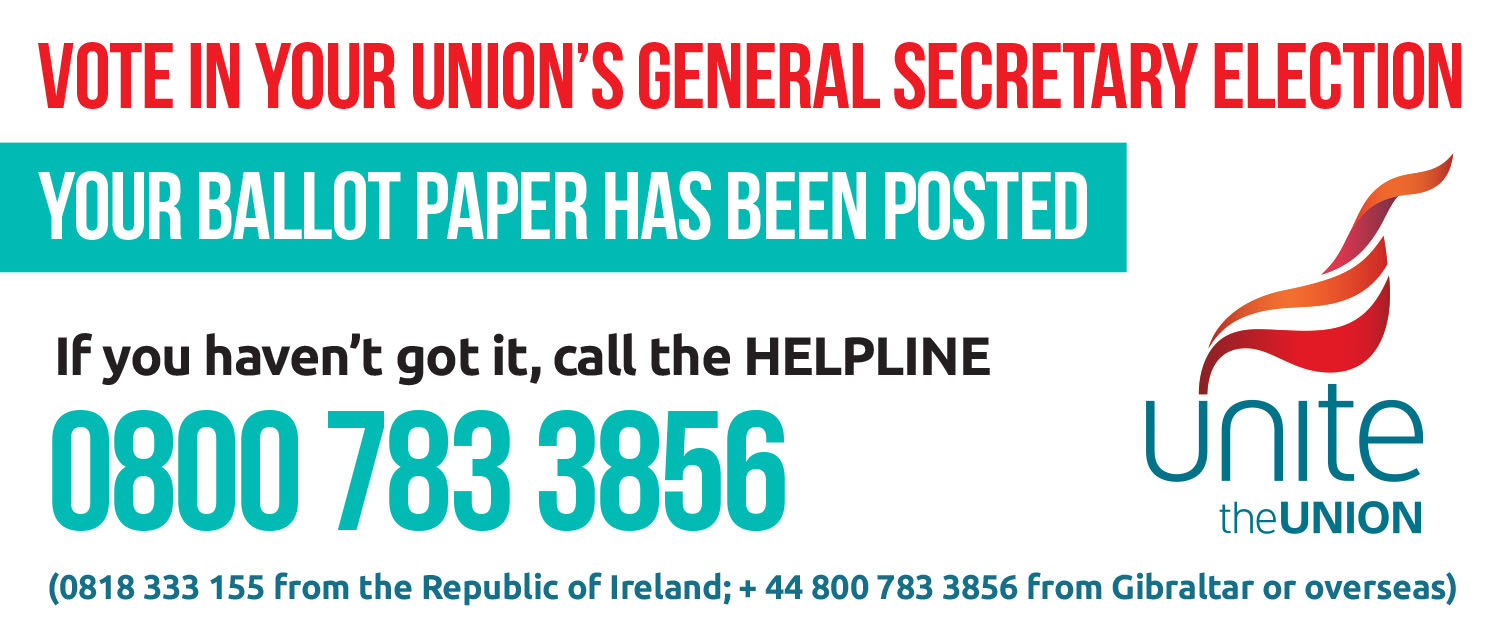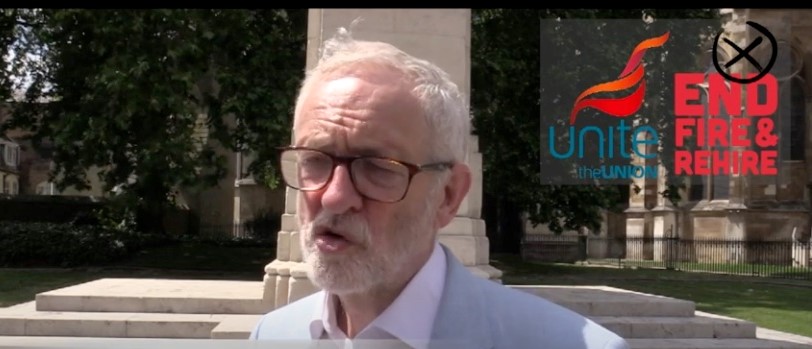Jeremy Corbyn – a threat?
Jeremy Corbyn’s election, winning with a mandate which dwarfed anything previously given to any other leader of a British political party in a generation or more, will, I believe, be seen as a major turning point in British politics.
It saw the engagement of hundreds of thousands of people, many of them only marginally interested in mainstream politics previously, who felt inspired to join in with the Corbyn campaign.
Jeremy Corbyn let some air into a very stuffy room, and if he achieves nothing else we should all be grateful for that.
Of course, some folk aren’t grateful at all. They say we are heading back to the 1980s – worse still 1970s – when Labour was supposedly in the grip of extremism and was considered too left-wing to win office.
From day one the media and political class have used that as their narrative.
They have set out to create a caricature of Corbyn, so people never get to hear his real message.
Bias
Nick Robinson, the respected former BBC political editor, wrote to his colleagues accusing the BBC’s political coverage of reinforcing anti-Corbyn bias. And analysis from the Media Reform Coalition found that the British press “systematically undermined” Corbyn with negative media coverage in his first week as Labour leader.
In one week, across eight national newspapers, 80 per cent of articles were ‘negative’, openly hostile or expressing animosity and ridicule, while only 13 per cent of stories were positive.
Of course the truth is Jeremy Corbyn does present a very real threat – but it’s not to the ordinary people of our country.
It’s to the ideological consensus that has dominated political and economic thinking in Britain and the West for more than a generation.
And it seems that no-one finds this more of a threat than some Labour MPs, those generously described as the “moderates” in the Party.
It’s an abuse of language – there is nothing “moderate” about voting to bomb Syria or agreeing more public spending cuts, anything more than it is “extreme” to vote for peace or for an end to eye-watering austerity.
Such labelling simply obstructs the debate we need to have.
Which is: what went wrong with New Labour – what lessons can we learn and how can we craft an appealing electoral pitch for the reality of 2020, not 1997?
Today’s political and economic challenges are direct consequences of the failed political consensus of the past 30 years.
New Labour may well have believed its own rhetoric on building a classless society. Its leading figures saw a virtue in being more comfortable in City boardrooms than they were in trade union offices.
Don’t get me wrong, the last Labour government did a great many things, not least in civil and equal rights, restoring dignity to pensioners, giving opportunities in education, training and work to the young and investing in our communities.
But New Labour got tired. It thought managing the worst aspects of capitalism was the best it could do. The politics of great ideals gave way to the politics of spin.
It’s no surprise that somewhere along the way people lost interest in politics. Turnout in elections fell and the belief that politics could achieve real change was eroded.
Question mark Â
The global banking crisis and a taxpayer funded bail-out of the banks raised the first big question mark over New Labour economics.
It was then people started noticing that not only had the economic model crashed, but that society was still divided, with widening inequality, an elite super-rich and rampant corporate greed.
In opposition Ed Miliband started to grasp the seriousness of the problem, although his responses were hampered by timidity.
Millions of people wanted more, a decisive alternative to the past. So, if people are looking for an explanation for the rise of Corbyn-mania last summer – they needn’t look much further than this history.
And it’s exactly this failed political consensus of the past 30 years which makes Jeremy’s popularity today all the more understandable. He has asked the obvious questions about our society, and raised the issues that the prevailing consensus cannot grapple with.
He articulates the simple human decency which tells us that cutting support to the sick and disabled while doing nothing about a growing super-rich cannot be right.
He asks how can it be right that more than half of people in poverty in this country are in work? He talks about young people priced out of buying a home and unable to afford extortionate rents.
These aren’t 1980s throwback issues. They are the here-and-now reality of a country more deeply divided than I have ever known it. That is why Jeremy Corbyn’s message can, and does, resonate with the public. And it is why support for him is holding up so strongly, despite the continuing media onslaught.
This article first appeared in Tribune March 4. The full speech was delivered to Oxford Union on February 9, 2016
A copy of Mr McCluskey’s speech can be downloaded here.
 Like
Like Follow
Follow


